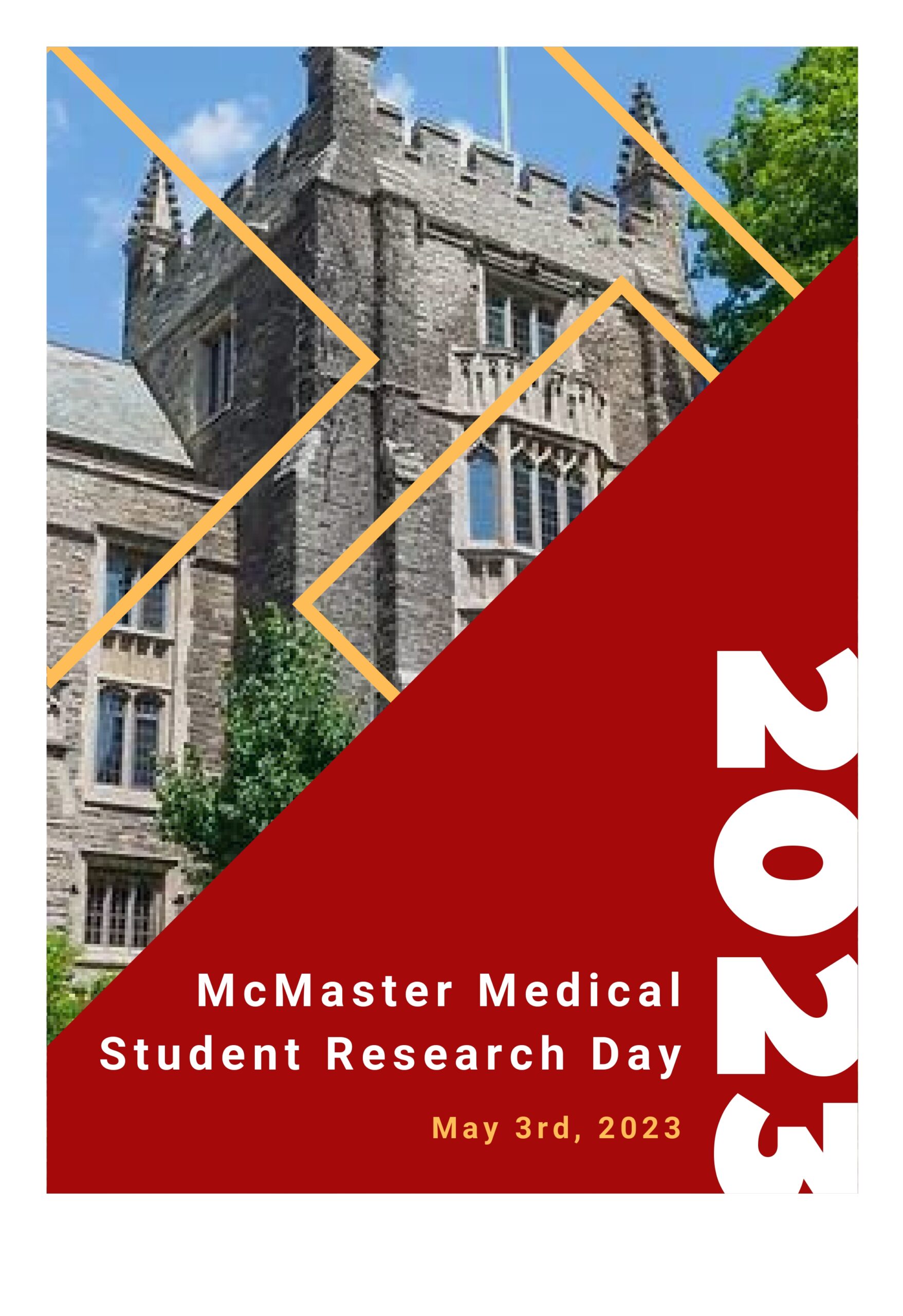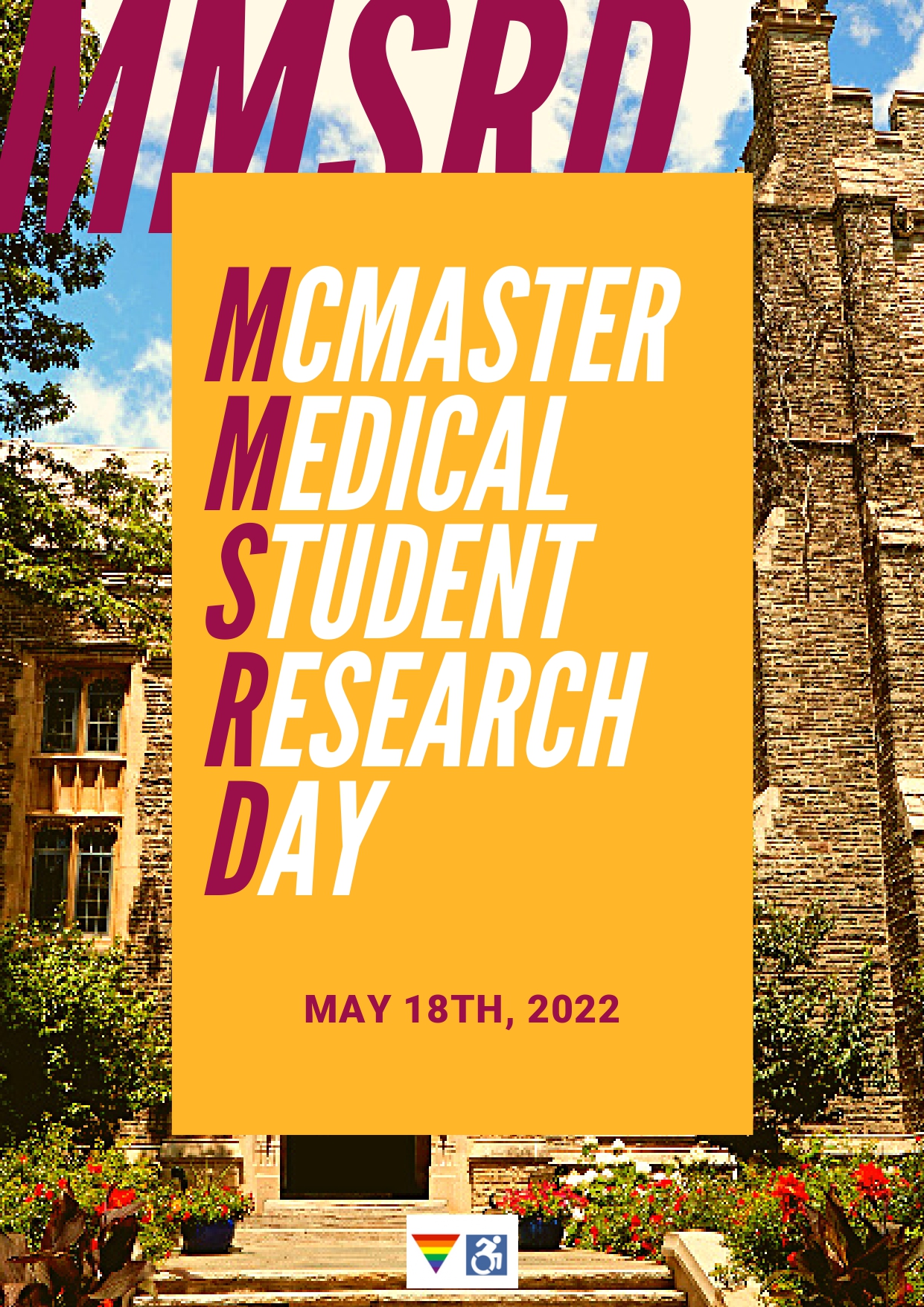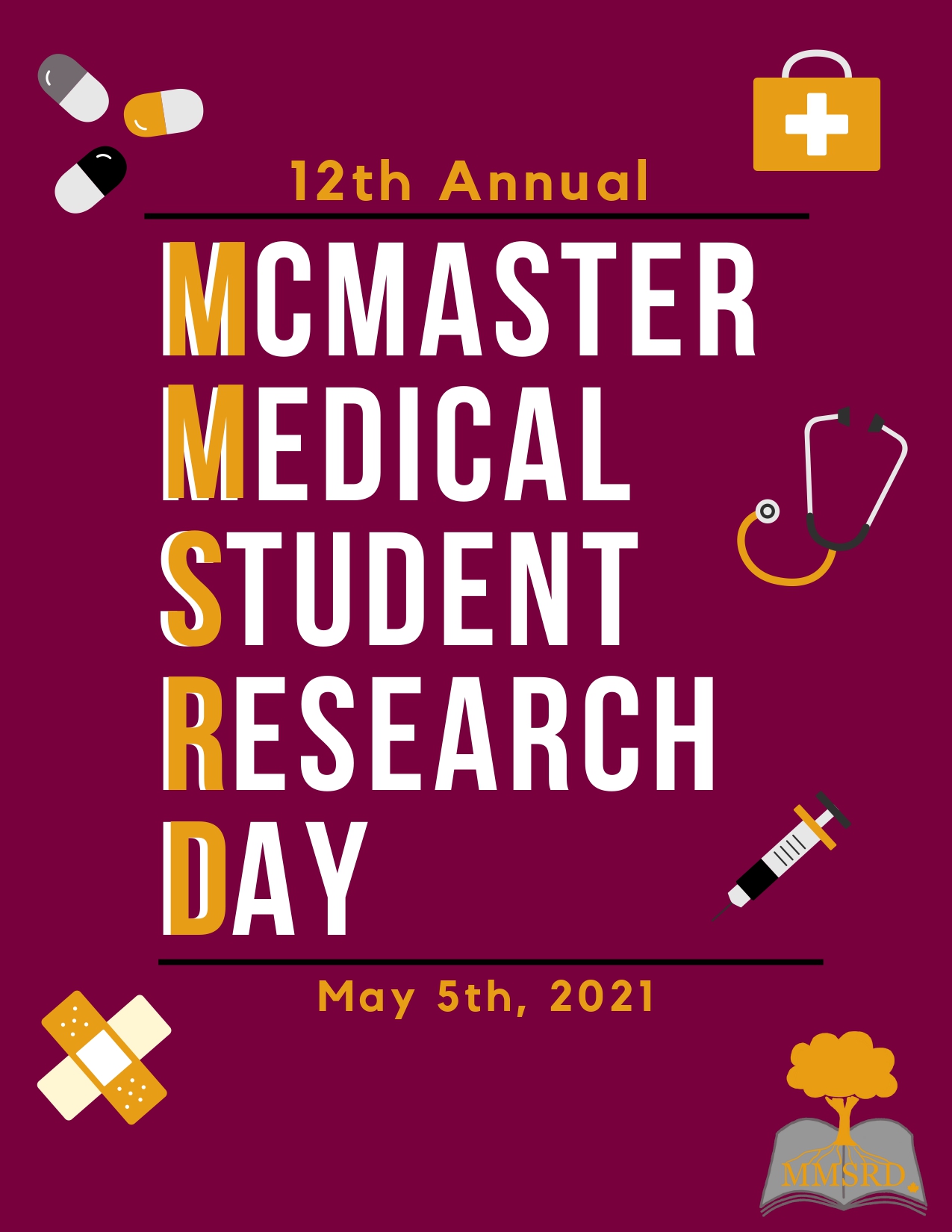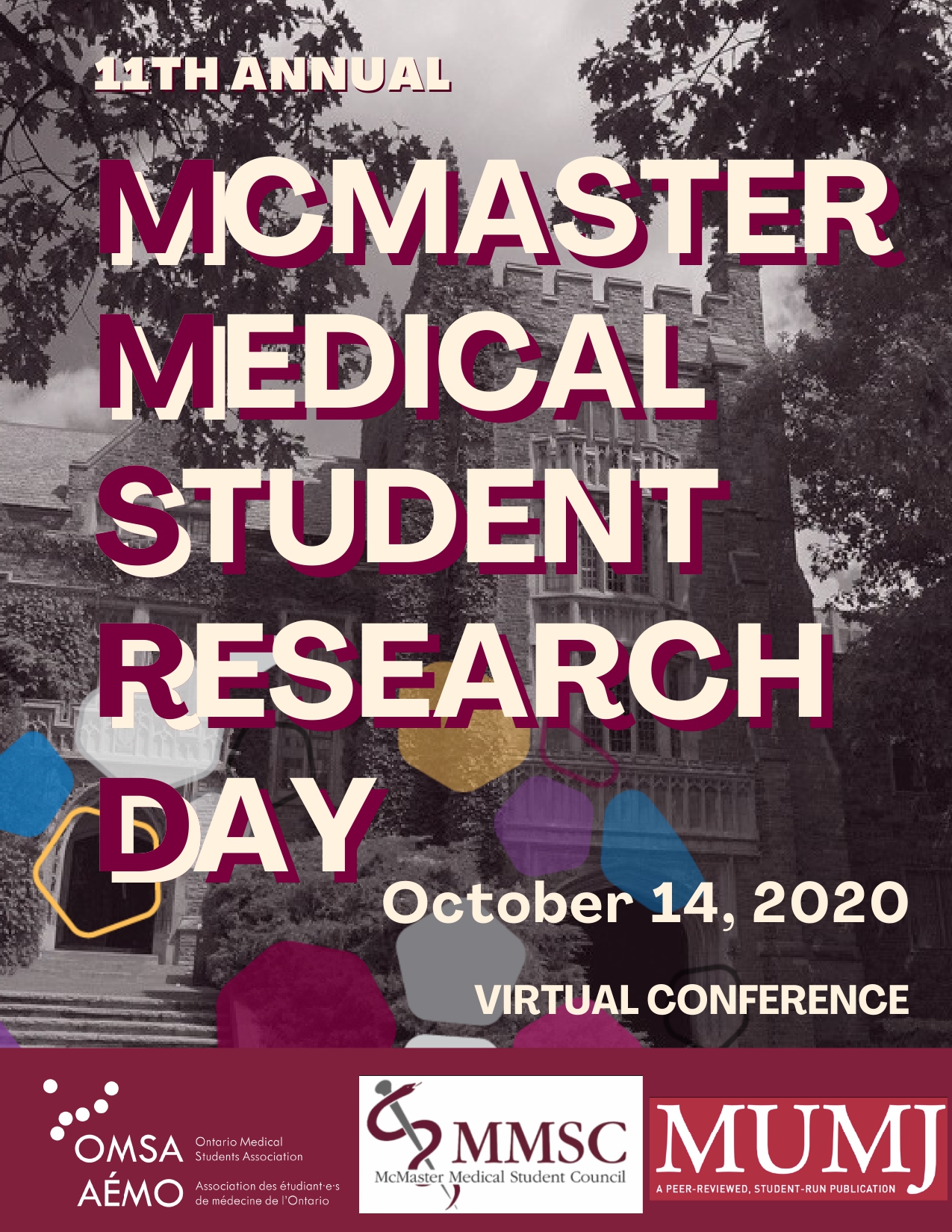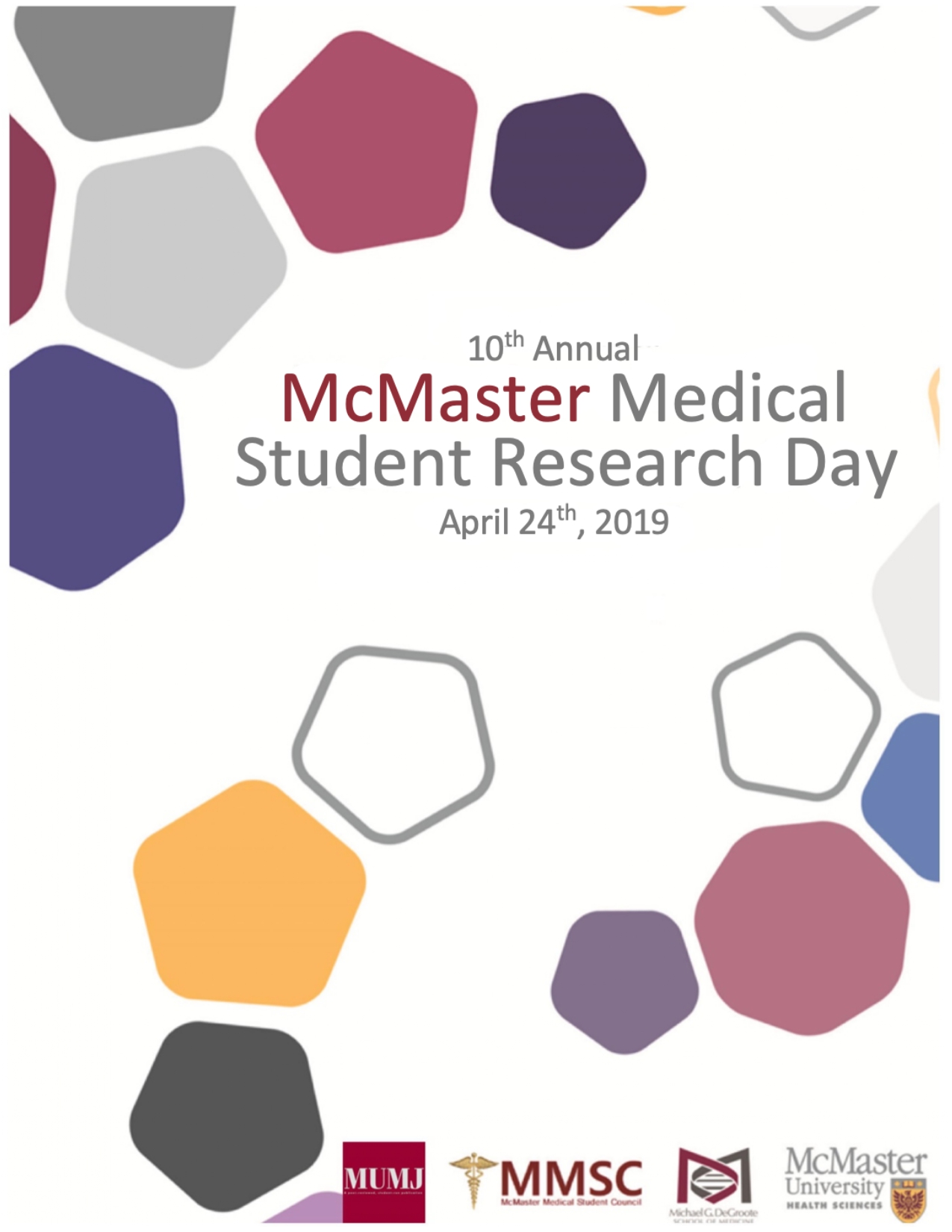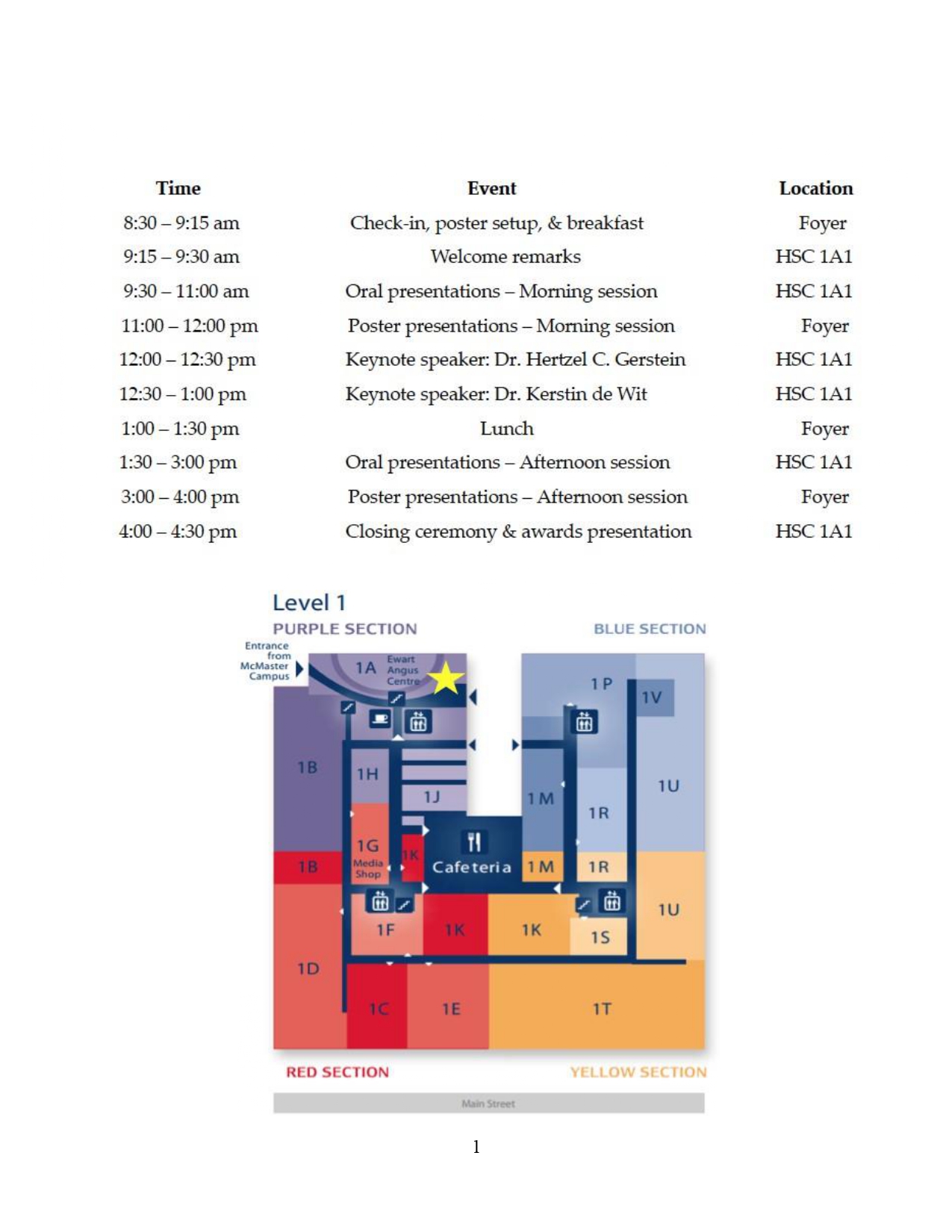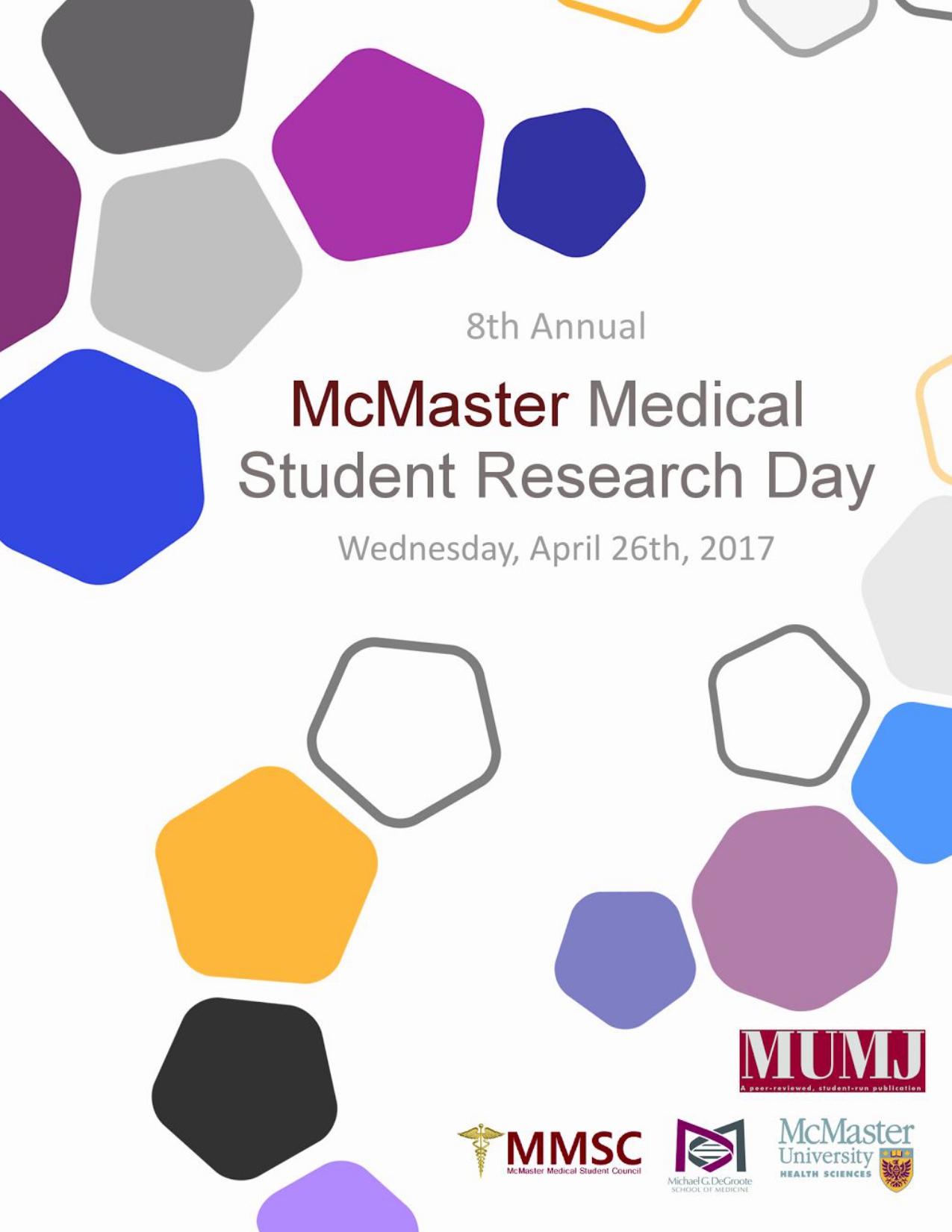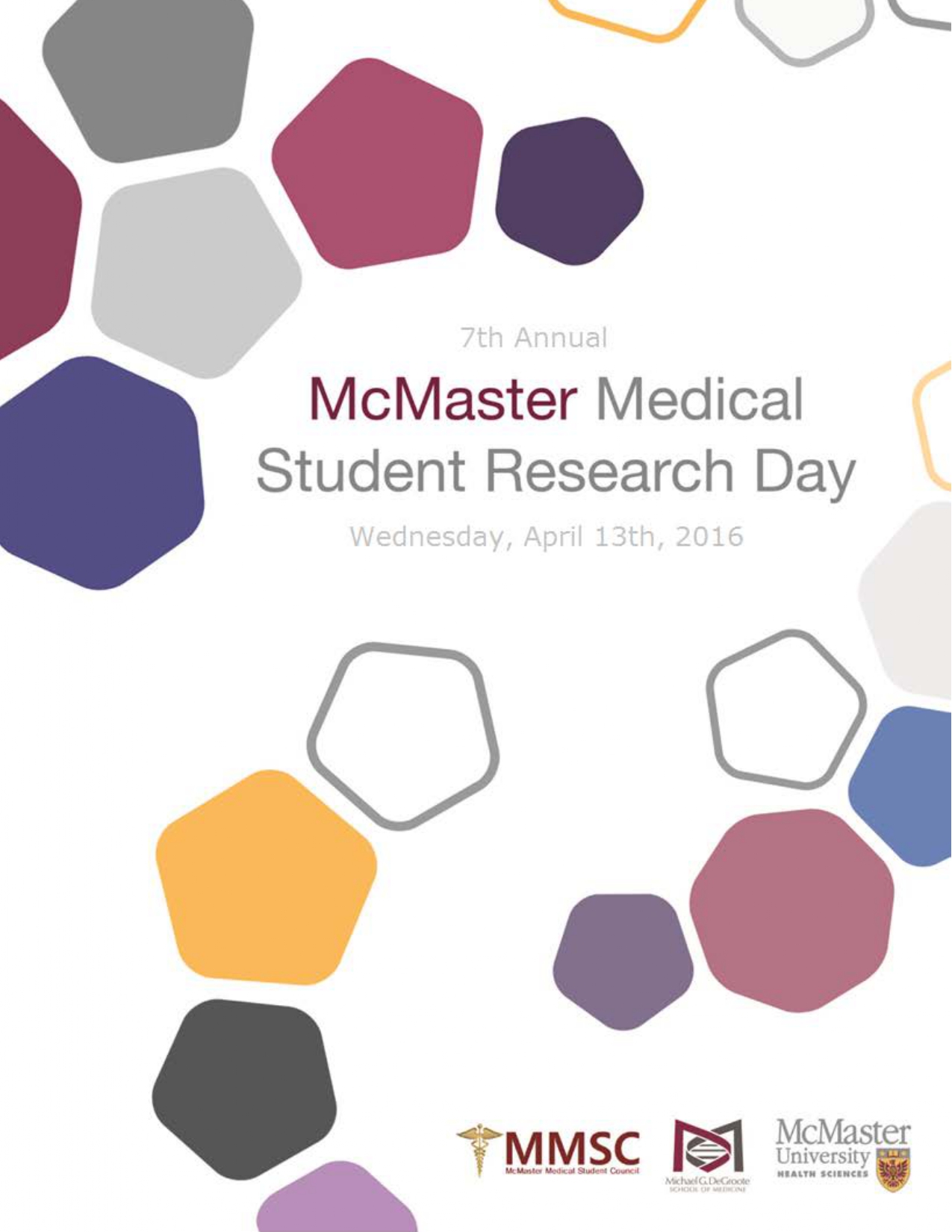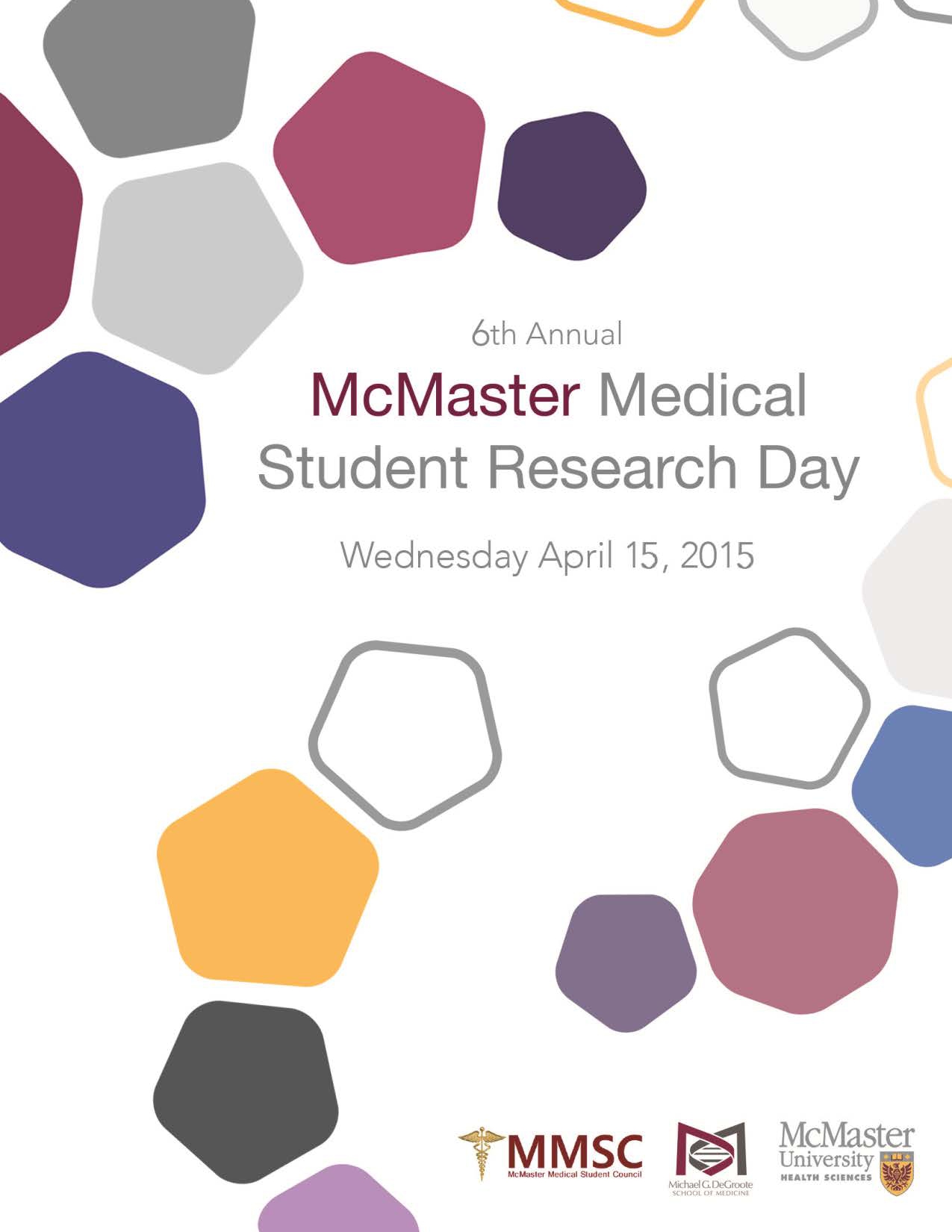MMSRD
Information Box Group
Student Excellence in Research
Information Box Group
Stephanie R. Penney (Ph.D.1,2), Aaron Prosser (M.Sc. 3) & Alexander I. F. Simpson (BMedSci, MBChB, FRANZCP 1,2)
Age onset of offending and serious mental illness among forensic psychiatric patients: A latent profile analysis (in press).
Developmental trajectory analyses underscore the importance of age onset for identifying subgroups of individuals who become violent or antisocial. However, trajectory analyses have not taken account of the role of serious mental illness (SMI), and whether age of onset of offending in relation to onset of SMI impacts on the manifestation of offending over the life course. In order to shed light on this interaction, we examined a large, representative sample of forensic psychiatric patients. A latent profile analysis supported a 2-class solution in both men and women. External validation of the classes demonstrated that those with a younger age onset of SMI and offending were characterized by higher levels of static risk factors for offending and criminogenic need than those whose involvement in both mental health and criminal justice systems was delayed to later life. These findings have implications for treatment planning and risk management of forensic patients. Specifically, psychiatric treatment may only reduce recidivism among those whose offending is clearly linked to the onset and effects of their mental illness, whereas for others, criminogenic risk factors (e.g., criminogenic thinking, antisocial attitudes) must be addressed in order to effectively manage risk and reduce recidivism.
1 Centre for Addiction and Mental Health
2 University of Toronto
3 McMaster University, Michael G. DeGroote School of Medicine
MATTHEW KERSLAKE (C2020)
Using a blend of the scientific method and a personal approach, Matthew sought to both understand and shed light on the barriers that exist in our complicated healthcare system.
Matt’s research project consisted of both qualitative and quantitative elements seeking to understand the perspectives of Hamilton’s precariously housed population, specifically as it relates to navigating the healthcare system. Through the Hamilton Shelter Health Network, a group of clinics operating in shelters and other locations in the city, a chart review was conducted and clinicians, social service workers and patients were interviewed about their experiences. It was found that generally, these patients faced multiple barriers to accessing healthcare including the lack of a valid health care card, difficulty attending scheduled appointments, as well as high rates of mental health and addiction issues. Interestingly, stigma within the medical community was also seen as a significant barrier when accessing care outside of the Shelter Health Network. In contrast, by utilizing a compassionate, flexible approach and establishing drop-in clinics in locations convenient to the population, it was found that many of these barriers were overcome at the Shelter Health Network clinics and both patients and providers alike shared positive experiences. However, it was shown that work still needs to be done on a systemic level to bring adequate health care services to this underserved population.
Working on this project from beginning to end, Matt was able to acquire a variety of hard skills important to the research process. These included conceiving an approachable topic, navigating the ethics approval process, designing and implementing the study, collecting and analyzing the data and presenting it in an appropriate way. In addition, and perhaps more importantly, Matt developed a variety of soft skills as a result of working directly with clinicians, social agency staff and vulnerable patient populations. Motivational interviewing, patient-centered practices and providing non-judgmental care in an environment that fosters acceptance and accessibility are skills and ideas that will no doubt stick with him throughout his education and medical career.
GRAHAM McCLURE (C2018)
Going above and beyond: Graham McClure combined his MD studies with getting a Masters (MSc) degree while doing his medical degree at MACMED.
The accelerated three-year program is one of the foremost advantages of McMaster’s medical school. However, for students who may want to get a deeper understanding of research, the option of an enrichment year is always available. Graham McClure (class 2018) is one such student who has been extensively involved in multiple research studies since he has entered McMaster’s MD program, and will prospectively become one of the first students to graduate with a joint MD/MSc degree based on his work during the enrichment year.
Beginning in 2014, Graham became involved in clinical studies investigating elevated troponin values as part of the PROTROPICS study at the Population Health Research Institute, under the supervision of Dr. Richard Whitlock and Dr. Emilie Belley-Cote.
With his initiative recognized, Graham was offered to complete a Master’s Degree during an enrichment year. Graham designed the new REVIVAL trial, a randomized controlled trial studying aortic valve replacement techniques, and designed and managed the EVAR study, which examines cardiac complications after endovascular aneurysm repair.
Graham was also involved in substudies of the SIRS and CORONARY trials. Finally, Graham is taking part in the McMaster Interdisciplinary Investigative Outcomes Node in Cardiac Sciences Intensive Care, and Anesthesia (MiNION-CIA) working group, which is a collaborative effort by physicians and students to provide research and support for students excelling in clinical research. In the future, Graham hopes to match into a vascular surgery program in the 2018 CaRMS Residency Match process.
AARON PROSSER (C2019) Read the article here
Time Trends in Homicide and Mental Illness in Ontario from 1987 – 2012: Examining the Effects of Mental Health Service Provision
Publicity surrounding violent behaviour, especially homicides, committed by people with serious mental illness (SMI) is a major source of fear and stigma towards people with SMI. Moreover, it has contributed to rising public safety concerns and calls for greater restrictions on those with SMI.These concerns have risen since the deinstitutionalization of mental health care, which has occurred progressively across Ontario from the 1970s and into the 2000s. In order to examine the link between SMI, homicidal violence, deinstitutionalization, and criminal justice involvement a new study published in the Canadian Journal of Psychiatry examined all adult homicide perpetrators in Ontario from 1987 to 2012. It found that 3.7% of all homicides in Ontario were associated with SMI (“mentally abnormal homicide”, MAH), and the MAH rate remained constant during this period at 0.07 per 100,000 population. The rate of homicides not associated with SMI (“non-MAH”) was significantly higher at 1.85 per 100,000 population. Crucially, MAH rates were neither associated with the deinstitutionalization of mental health care in Ontario, nor with increases in the population homicide rates or incarceration rates. The implication is that SMI and deinstitutionalization has not contributed to an increase in societal risk over the past 25 years.
This is the first North American study to examine population-based rates of MAH over time and in relation to deinstitutionalization, homicide rates and criminal justice involvement. It was performed by researchers at the Centre for Addiction and Mental Health (CAMH), including Dr. Stephanie Penney, Dr. Sandy Simpson, Dr. Teresa Grimbos and Dr. Padraig Darby, and Mr. Aaron Prosser, a Research Analyst at CAMH and now a medical student at the Michael G. DeGroote School of Medicine at McMaster University.
ANTHONY SANDRE (C2018)
Giving smiles back to the children and salvaging fingers all at once: Anthony Sandre is doing something wonderful!
Anthony is a second-year medical student who has become involved in two different research projects during his time at McMaster University. With interests in global health, surgery, and health service accessibility, Anthony believes that research is a challenging and rewarding experience that is still manageable despite the demands of medical school.
Working with researchers in the Division of Plastic Surgery at McMaster University, Anthony is part of a retrospective cohort study investigating salvage procedures for traumatic digit amputations. Assessing both the success of operative and non-operative interventions for salvaging failed post-operative digital implants, the study spans across 15-years at 3 major hospitals in Hamilton ON. As operative interventions present greater personal and financial challenges, the study seeks to address whether salvage operations should be performed for digital replantation.
In a second project with the Division of Plastic and Reconstructive Surgery (The Hospital for Sick Children) at the University of Toronto, Anthony hopes to learn more about managing acquired facial nerve palsy. Inhibiting oral competence, corneal protection, and social interaction, facial paralysis is condition that creates unique challenges for children but can be addressed by facial reanimation. In a 30-year retrospective review, post-operative outcomes with a focus on commissure excursion are examined in facial paralysis patients.
Faculty Excellence in Research
Coming Soon!



